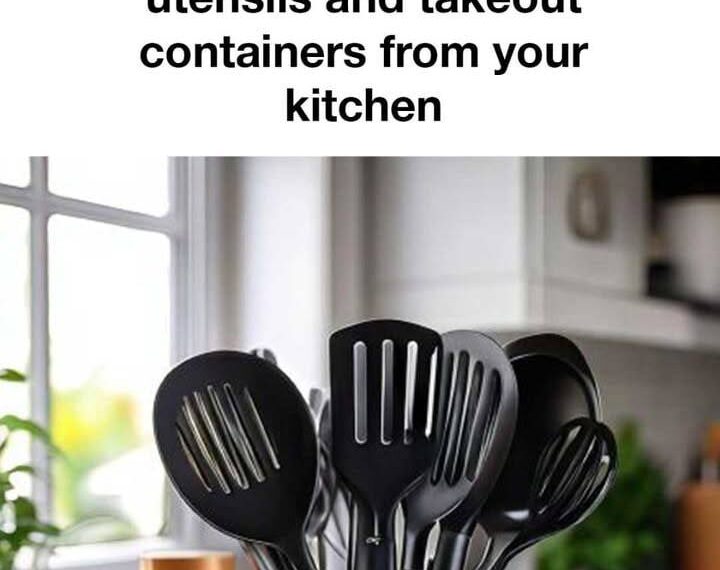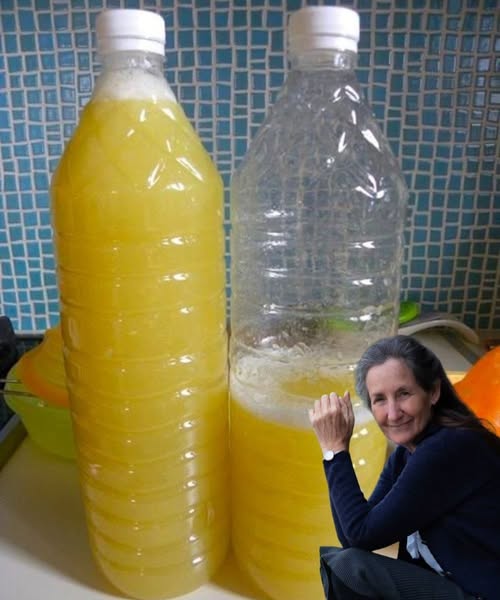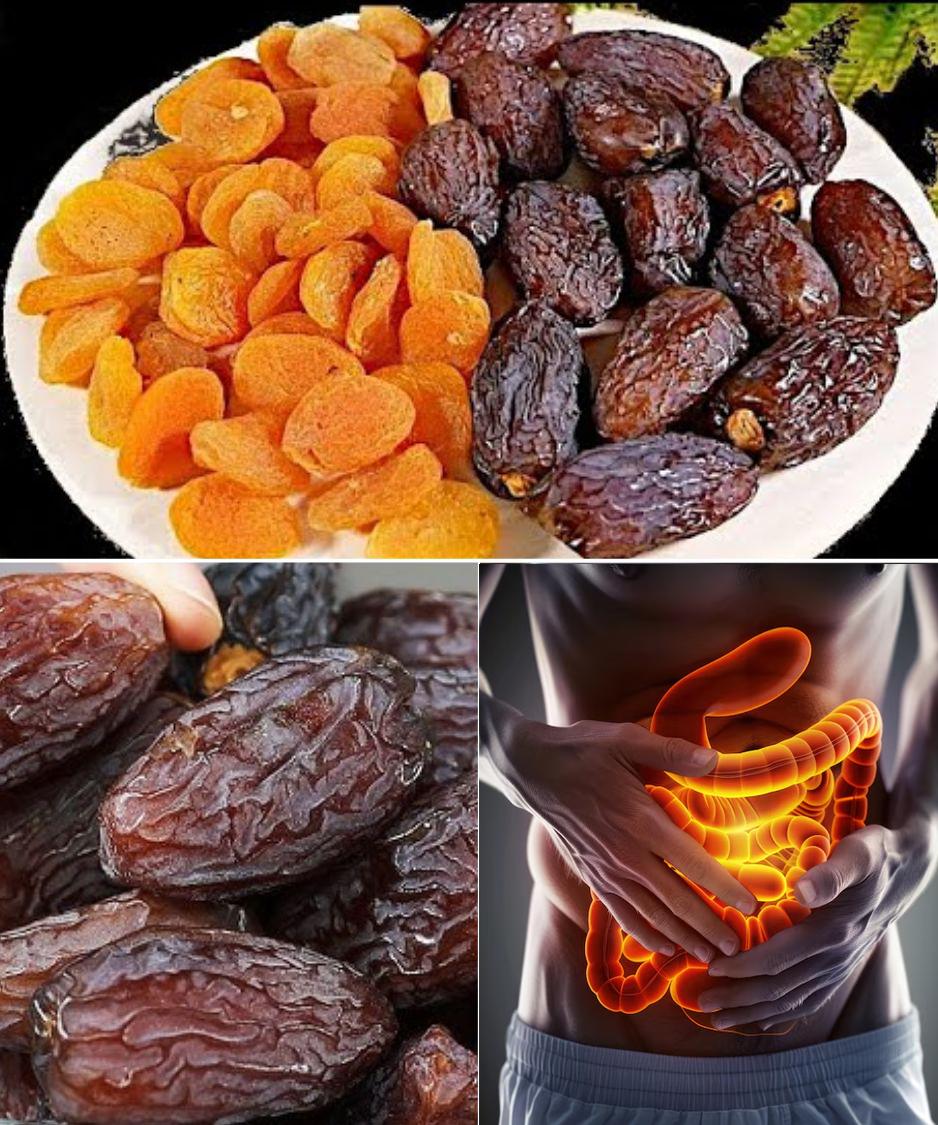Beyond environmental worries, black plastic utensils and containers also raise potential health concerns that consumers should be aware of.
Chemical Leaching Risks
Many plastics contain chemicals added during manufacturing to improve flexibility, durability, and appearance. Among these, some are controversial due to their potential health effects:
- Bisphenol A (BPA): Used in polycarbonate plastics, BPA can mimic estrogen and disrupt hormonal balance.
- Phthalates: Added as plasticizers, phthalates have been linked to reproductive and developmental issues.
- Brominated flame retardants: Used in recycled e-waste plastics, these chemicals are toxic and can accumulate in the body.
Studies show that when black plastic utensils and containers are exposed to heat or acidic foods, these harmful chemicals can migrate into the food, posing health risks. This is especially concerning for:
- Microwave use.
- Hot takeout meals.
- Acidic or oily foods.
E-Waste Recycling Concerns
Many black plastics in food service items are made from recycled electronic waste (e-waste). E-waste contains a variety of toxic substances including lead, cadmium, and brominated flame retardants. When e-waste plastics are recycled into black food containers, there’s a risk that:
- Toxic heavy metals and chemicals remain embedded in the plastic.
- These toxins leach out over time, especially when heated or stressed.
- Consumers unknowingly ingest or come into contact with hazardous materials.
A 2024 study published in Chemosphere found that black plastics can leach these toxins under typical food use conditions, raising red flags about their safety in kitchens.
♻️ Recycling Challenges of Black Plastic
The recycling challenges of black plastic don’t just affect the environment—they also cause economic and systemic inefficiencies.
How Recycling Facilities Process Plastics
Recycling centers rely heavily on sorting machines to quickly and efficiently separate plastics by type and color. Black plastic’s carbon black pigment absorbs light, which means:
- It’s undetectable by sorting machines.
- It often ends up mixed with non-recyclable waste.
- Recycling plants may reject black plastic batches, sending them to landfill or incineration.
This represents a missed opportunity to recycle valuable materials, contributing to more waste and higher costs for waste management systems.
Impact on Circular Economy
The inability to recycle black plastic effectively undermines efforts toward a circular economy—one where materials are reused and recycled continuously instead of being discarded. The persistence of black plastic waste strains landfill capacity and increases demand for virgin plastic production.
🛍️ Safer and More Sustainable Alternatives to Black Plastic
The good news? There are many alternatives to black plastic utensils and containers that are both environmentally friendlier and safer for health.
1. Clear or Light-Colored Plastics
- Easier to detect and sort at recycling facilities.
- Often made with fewer harmful additives.
- More recyclable overall.
2. Compostable Utensils and Containers
- Made from materials like cornstarch, sugarcane fiber (bagasse), or bamboo.
- Break down quickly in composting environments.
- Reduce landfill waste and pollution.
3. Reusable Alternatives
- Stainless steel or bamboo utensils.
- Glass or silicone containers.
- Investing in reusable options reduces single-use plastic waste significantly.
4. Look for Certified Food-Safe Plastics
- Some plastics are labeled BPA-free, phthalate-free, and food-safe.
- Check for certifications from organizations like the FDA or NSF.
- Use plastics specifically designed for microwave and dishwasher use.
🧠 What Can You Do as a Consumer?
- Avoid black plastic when possible: Choose clear or light-colored utensils and containers.
- Reduce single-use plastic: Bring your own reusable containers and cutlery.
- Support sustainable brands: Look for companies using compostable or recyclable packaging.
- Properly dispose of plastics: Follow local recycling guidelines and avoid contaminating recycling streams.
🔎 Final Thoughts
Black plastic utensils and takeout containers may seem convenient and attractive, but their hidden costs to the environment and your health are significant. From recycling challenges and landfill accumulation to chemical leaching risks, black plastic’s downsides are prompting many to rethink their kitchen choices.
By becoming informed and opting for safer alternatives, you can contribute to a healthier home, a cleaner planet, and a more sustainable future.
Have you made the switch from black plastic? What alternatives do you prefer? Share your experience in the comments!





